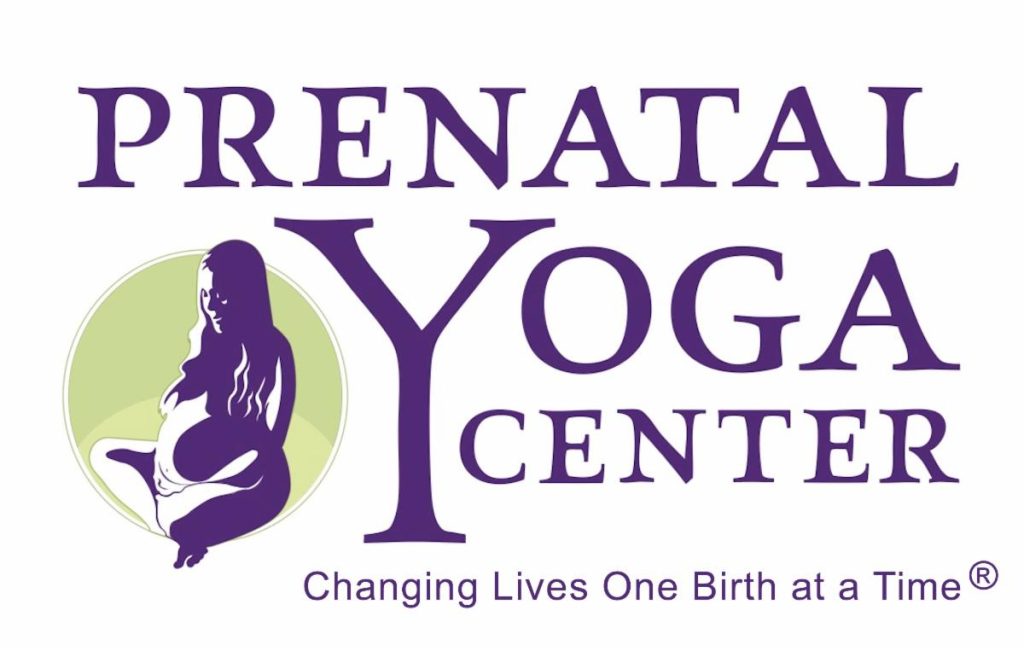I feel very fortunate that I have a fair amount of control over my work schedule (just one of the perks of owning my own business!). I have decided that at 37 weeks pregnant I will slow my schedule down and stop teaching my regularly scheduled prenatal and postnatal classes. This has been a very hard decision since I enjoy my work, and also feel the pressure and responsibility to stay involved. I consider myself one of the lucky ones to even have a say in this matter. For many women, choosing their work schedule is not an option, and the majority of students that come through the PYC work right up until they give birth. This common occurrence in our work-driven culture often leaves women fatigued and stressed right before the grand act of giving birth.
Why is this a problem?
If the body is in a state of stress and sustained fatigue, adrenaline levels will be high, therefore not allowing for the natural, uninhibited flow of oxytocin- the hormone responsible for creating uterine contractions. This can result in inadequate contractions leading to a longer labor.
Starting labor feeling stressed and fatigued also puts the mother at a disadvantage since laboring and delivering a baby takes a lot of energy and hard work. For those moms that are just finishing a tough day and hoping for a good night sleep (and let’s face it- at the end of the 3rd trimester, is there really such a thing as a good night’s sleep?), you may be slightly unhappy to learn that the most common time for labor to start is in the middle of the night. This is when the mother is most relaxed, in a place where she feels safe and comfortable, and oxytocin levels are at their peak.
What to do if you don’t have a choice with work schedule?
If your schedule is not flexible towards the end of your pregnancy and does not allow for time off, here are a few ideas that will only take a short amount of time, but can still offer you the benefit of rest, relaxation and rejuvenation.
-Take a prenatal yoga class, which promotes relaxation. Prenatal yoga classes typically include an active section as well as restorative poses that can help you relax. If prenatal yoga classes are not available in your area, online videos or dvds can be a good option. (The PYC site has 3 free videos you can watch!)
-Schedule down time. Even if that means just a 20 min bath or getting a relaxing massage or pedicure.
-Try meditating or deep breathing relaxation. Meditation is different then just “relaxing” in that it focuses more specifically on training the mind into stillness through contemplation, concentration and mindfulness. This “stilling” of the mind can help the meditator step away from the nagging thoughts and “to-do” lists that accumulate in our minds.
Deep-belly breathing promotes the function of the parasympathetic nervous system. The autonomic nervous system (ANS) is divided into two parts: the sympathetic nervous system (the fight-or-flight response), and the parasympathetic nervous system (the rest-and-relax response). The body responds to the parasympathetic nervous system by slowing the heart rate, decreasing blood pressure while increasing the release of endorphins, which cultivates relaxation and strength.
-Plan about 10-20 minutes a day to reconnect with your partner. During this time you can work on relaxation techniques or visualizations that you may want to use in labor. Or, simply spend this time just cuddling or lying down together. It’s unlikely that you’ll have this kind of time after the baby is born.
-Step away from the computer and phone at night so you are well rested.
-Enjoy activities that release oxytocin. Oxytocin eases stress and anxiety. The oxytocin response can also prime the brain to react more calmly to future stress just by thinking of those we love, scientists say. According to researcher Phil Shaver of the University of California-Davis, the chemical release in the brain that this simple action causes acts as a stress buffer before it even occurs.
So make plans to hang out with friends or your partner. Don’t forget, oxytocin is also know as the “love hormone” since it is at a very high level during orgasm.
Hopefully this list of ideas for how to bring some relaxation into your days leading up to the birth of your child has at least one option that is doable. My personal theory is, I better get some rest before the baby comes, because it is unlikely that I will get much rest afterwards 🙂
Sources
Encyclopedia of Stress Volume 3 by Academic Press
Varney’s Midwifery 4th Edition by Helen Varney, Jan M Kriebs, Carolyn L Gegor
http://oxytocincentral.com/2011/03/oxytocin-eases-stress-and-anxiety/#more-913″






